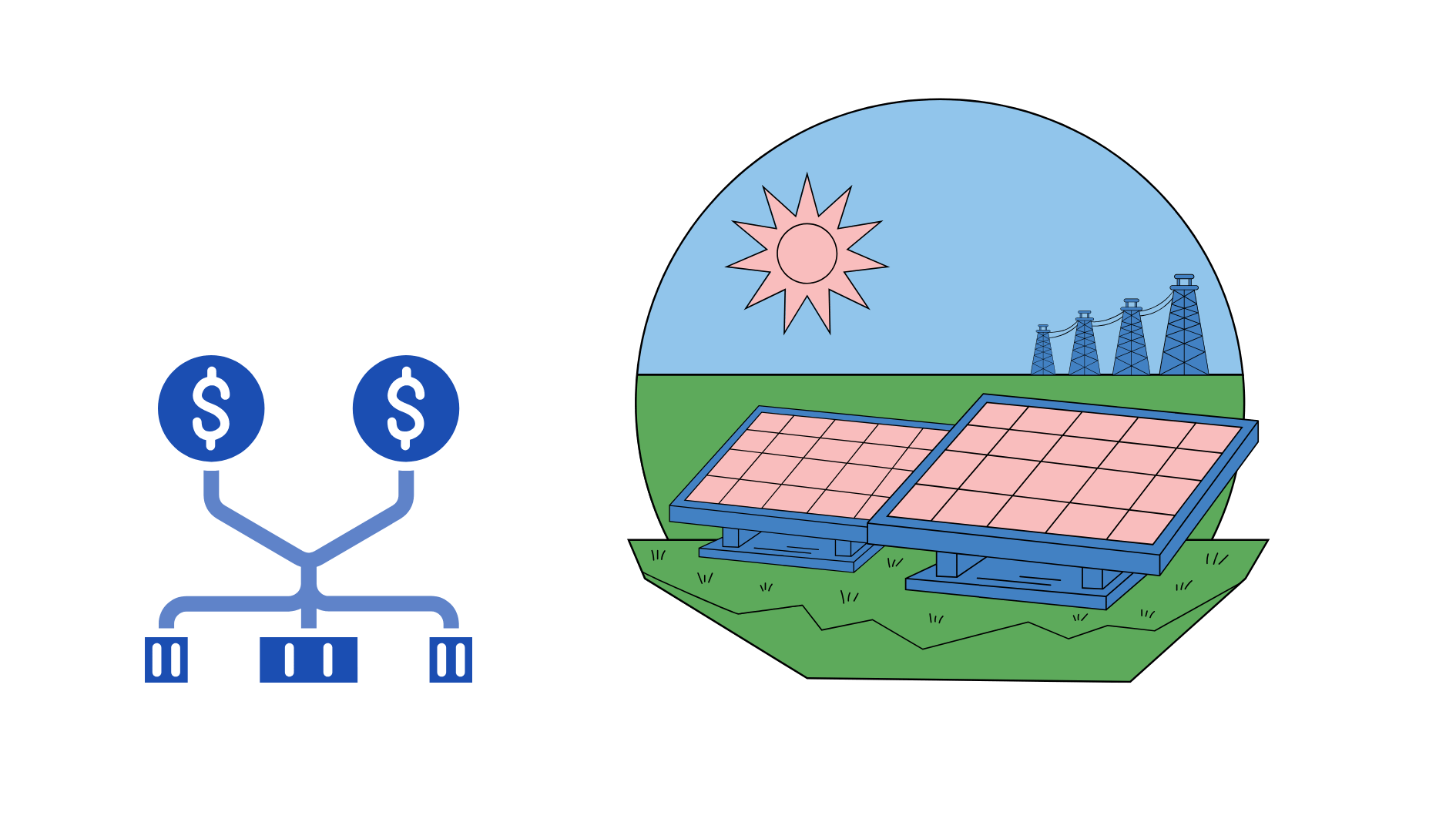Back to: Solar Financing Options
Environmental Benefits

Reduction in greenhouse gas emissions
Solar energy significantly lowers carbon dioxide and other harmful emissions compared to traditional fossil fuels. This contributes to combating climate change and improving air quality.

Decreased reliance on fossil fuels
By shifting to solar energy, we reduce dependency on finite and polluting energy sources such as coal, oil, and natural gas.

Promotes sustainable energy production
Solar energy is renewable and abundant. Harnessing this power supports a more sustainable and eco-friendly energy system for future generations.

Preservation of natural habitats
Reducing the need for mining and drilling helps protect ecosystems and biodiversity.

Reduction of water usage
Unlike coal or nuclear plants, solar energy systems do not require significant water for cooling, preserving valuable water resources.
Financial Benefits

Reduction in electricity bills
Generating your own electricity with solar panels can lead to substantial savings on monthly energy costs.

Potential revenue through net metering or selling excess energy
Many regions allow solar panel owners to sell surplus electricity back to the grid, creating an additional income stream.

Long-term savings through energy independence
By investing in solar energy, you insulate yourself from future energy price hikes and achieve greater control over your energy expenses.

Increase in property value
Homes and properties equipped with solar panels often command higher market values.

Tax incentives and rebates
Many governments offer financial incentives, such as tax credits and grants, to reduce the upfront cost of solar installations.




